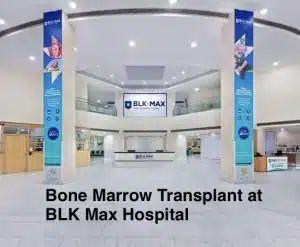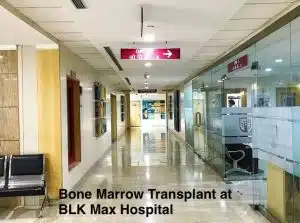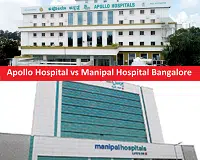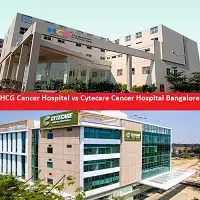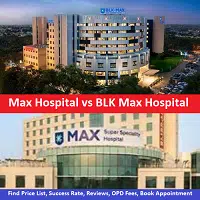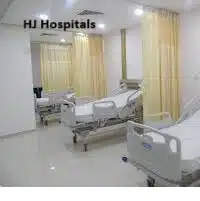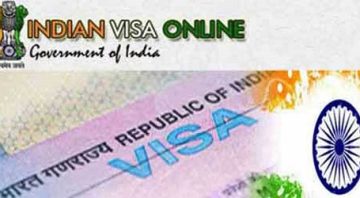
Bone Marrow Transplant at BLK Max Hospital, New Delhi.
BLK Max Hospital in New Delhi is renowned for its advanced bone marrow transplant program. The hospital offers cutting-edge treatments for various hematological conditions, leveraging state-of-the-art technology and a multidisciplinary team of specialists. The process involves thorough pre-transplant assessments, personalized treatment plans, and comprehensive post-transplant care to ensure optimal outcomes. Patients receive support from experienced medical professionals throughout their journey, from initial consultations to recovery. BLK Max Hospital’s commitment to excellence makes it a preferred choice for patients seeking bone marrow transplants.
Let’s go through the whole process on a day-by-day basis, detailing the experiences, procedures, and care involved in a 28-day treatment plan. This will provide a comprehensive understanding of what patients can expect during their stay and recovery at BLK Max Hospital.

